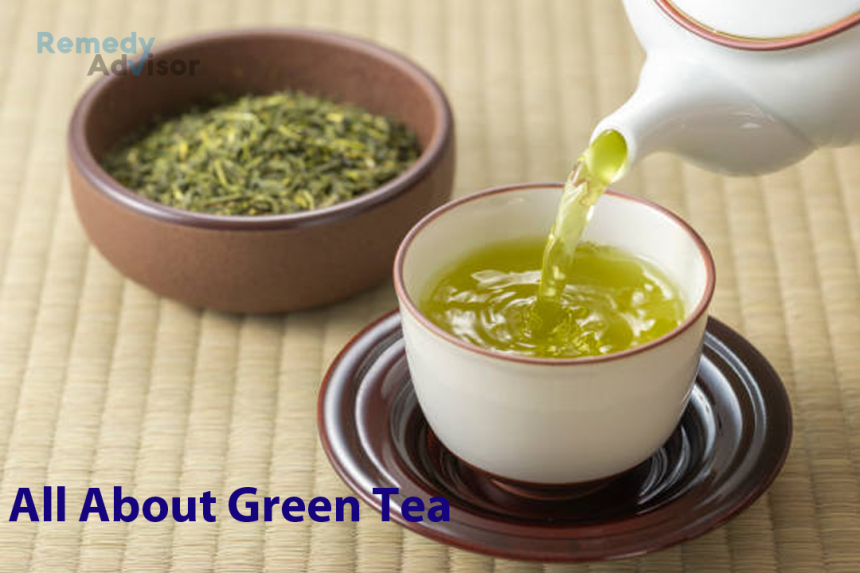When was the last time you enjoyed a hot cup of green tea? How about iced green tea with mint or lemon? Green tea isn’t everyone’s, well, cup of tea, which is why green tea supplements can be an excellent alternative. What’s important for our discussion of high blood pressure, however, isn’t necessarily which form of green tea you choose to enjoy but that you give it a try. Why? Because green tea possesses some proven blood pressure and overall cardiovascular benefits that you might not want to pass up.
Consider the findings of a June 2012 study published in Nutrition Research. The authors randomly assigned fifty-six obese, hypertensive patients to take either one capsule containing 379 milligrams of green tea extract or a placebo daily for three months. At the end of three months, compared with individuals in the placebo group, those who took green tea extracted experienced all of the following benefits:
- Significant decline in blood pressure, both systolic and diastolic
- Considerable reduction in fasting glucose and insulin levels (good indicators for people with diabetes)
- Significant declines in both total and low-density lipoprotein (LDL, or bad) cholesterol
- Increase in high-density lipoprotein (HDL, good) cholesterol
- Significant decline in C-reactive protein levels
- Increase in total antioxidant status
The bottom line: green tea extract got an A+ when it came to blood pressure and cardiovascular risk factors. And this is not the only study that has shown green tea to benefit blood pressure.
If you are wondering about the caffeine in green tea, you have a right to be skeptical. Some studies have been done using decaffeinated green tea, including one that involved giving decaffeinated green tea extract to rats. In that study, the extract significantly lowered blood pressure and glucose and insulin levels and also improved endothelial function, which translated to better blood pressure.
It is recommended you use decaffeinated green tea supplements as well as drink a decaf version of green tea. At the same time, bear in mind that green tea contains substantially less caffeine than coffee and somewhat less than black tea. The exact amount of caffeine in each beverage depends on the brand, brewing time, and other factors, but here are some approximate amounts of caffeine in each eight-ounce serving:
- Brewed coffee: 95-200 mg
- Decaffeinated brewed coffee: 2-12 mg
- Black tea: 14-61 mg
- Decaffeinated black tea: 0-12 mg
- Green tea: 24-40 mg
- Decaffeinated green tea: 0-10 mg
How does green tea help lower blood pressure? First of all, as mentioned in chapter 3 on diet, green tea contains potent polyphenols/antioxidants called catechins, and the most important one is epigallocatechin gallate, or EGCG. EGCG may help lower blood pressure by suppressing the activity of angiotensin-converting enzyme (ACE), a substance that is released by the kidneys. ACE interferes with the flexibility of the arteries, which can cause a significant rise in blood pressure. EGCG helps stop that action. EGCG and other compounds found in green tea may offer other beneficial actions regarding high-blood pressure: research continues!
How to Use Green Tea
If you choose to take green tea supplements, look for brands that are standardized to 25 percent or greater polyphenols. You should discuss your use of green tea supplements and any green tea you drink with your health-care provider. A healthy balance of the two one or two cups of decaffeinated green tea per day plus a moderate dose of caffeine-free green tea extract, 50 milligrams daily or higher may be a satisfactory way to help manage your blood pressure.
Green tea extracts should be avoided if you are pregnant or breast-feeding, because green tea may interfere with metabolism of iron and result in anemia in nursing infants. Most people do not experience any side effects from using green tea supplements, but in large amounts they may cause heartburn, diarrhea, and a loss of appetite.







